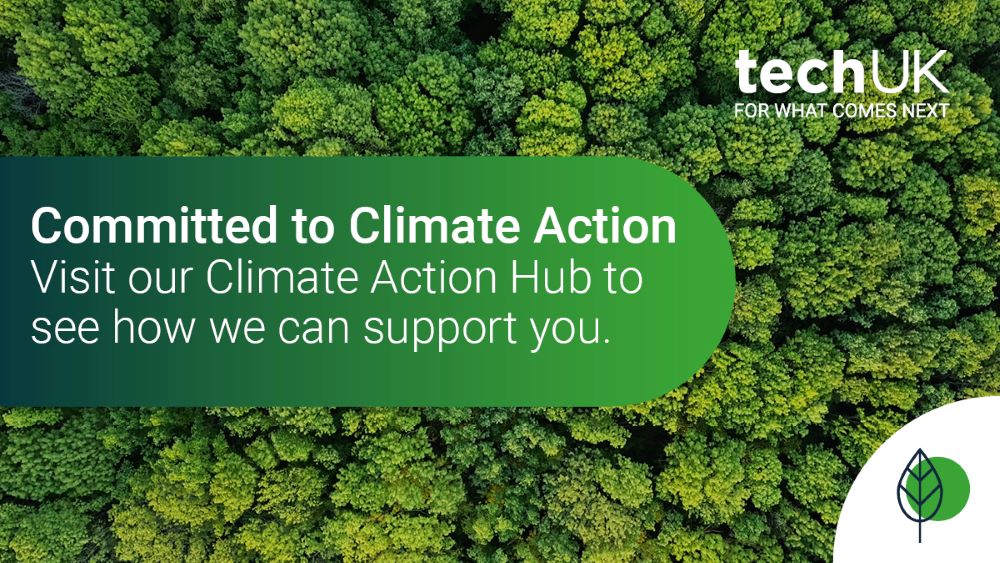Data Centre Energy Routemap
The UK’s challenging net zero carbon targets must be achieved without compromising security of supply or rendering UK energy consumers uncompetitive. Data centres too must balance resilience, affordability and sustainability and this routemap sets out how the sector can address these challenges whilst contributing to the UK’s low carbon future.
The data centre sector, a large energy user with consistent and predictable demand, high embedded capacity, and a strong appetite for renewable power could, over time, enable greater adoption of intermittent renewables and a more distributed grid. Moreover, with the right expertise and policies in place, data centres could make a significant contribution to investment in additional renewable generating capacity, and with the deployment of emerging fuel cell and battery storage technologies, could be important energy prosumers in a smarter grid. The sector is not yet fulfilling this role, and there is much to do to make it happen.
Article continues below:
This energy routemap explores ten target areas: strategy and policy, security of supply, energy stewardship, renewables, becoming a prosumer, reporting, transparency, heat reuse, air quality and regulation. In each case we assess progress and briefly discuss barriers, enablers and future potential, then we identify actions we can take that might accelerate positive outcomes. By and large, commercial operators do not own the ICT that is housed within their facilities. Therefore this routemap is targeted at infrastructure. We also do not explore energy associated with supply chain or embedded assets: we plan to address these in a subsequent iteration.
This routemap is not intended to be a finished article: it is a work in progress. It helps us establish where we are now and sets out routes to achieve our energy objectives and contribute to our national obligations. As new opportunities and barriers emerge, we will reassess our options.
Emma Fryer, Associate Director Data Centres at techUK, commented: “Why have an energy routemap? From where I see it, data centres are constantly being challenged about energy use, energy stewardship, emissions and growth, and we need to look at these things much more strategically at sector level, not just how we respond to these challenges but how the sector is positioned within the energy ecosystem. We have to reconcile the facts that we are a growing sector operating in an energy constrained world. We need a plan. Although we do well in key areas like energy stewardship and resilience, there is always more that can be done and performance is not always consistent across the sector. As industry representatives we at techUK can help with guidance, sharing best practice and facilitating dialogue with policy makers and other stakeholders.”
“Traditionally we see ourselves as large energy consumers, but data centres individually and collectively have the potential to take a much more dynamic role in the energy market. Although energy trading is currently outside data centre core business, which is to manage, store, transmit and receive digital data securely and efficiently, we have a climate crisis and must meet challenging net zero reduction goals. These may require the sector to reposition itself as prosumer in the energy market – and do a lot of hard thinking in other areas. “
“I’m not pretending this is perfect or complete: it’s the first step in an iterative process. We’ll report on progress against sector actions regularly and we will need to accommodate additional considerations like supply chain and embedded energy in the next update.”
You can access the full document from the link below.
Read the Data Centre Energy Routemap here
techUK - Committed to Climate Action
Digital transformation is critical to the decarbonisation journey of organisations in every sector. Across supply chains and sectors, industries are converging with tech partners to find innovations that reduce carbon emissions and unlock efficiencies that drive down energy use. techUK focuses on the application of emerging technologies and data-driven decision making in traditional forms of infrastructure to deliver innovative environmental outcomes. For more information on our Climate, Environment and Sustainability Programme, please visit our Climate Action Hub and click ‘Contact us’.



